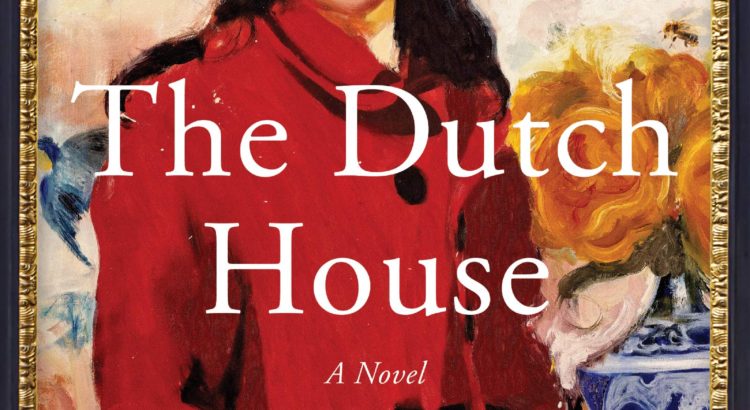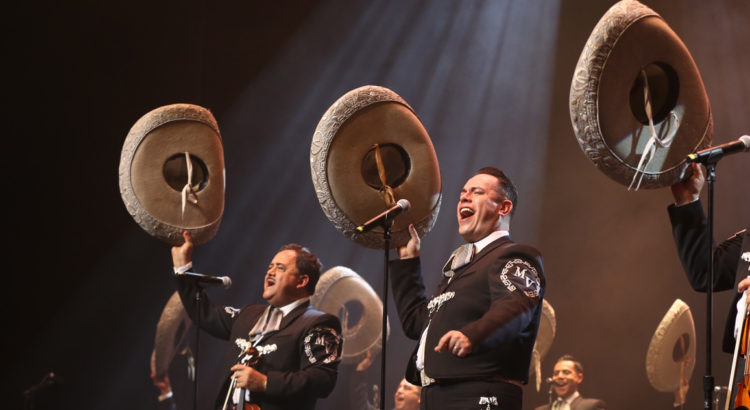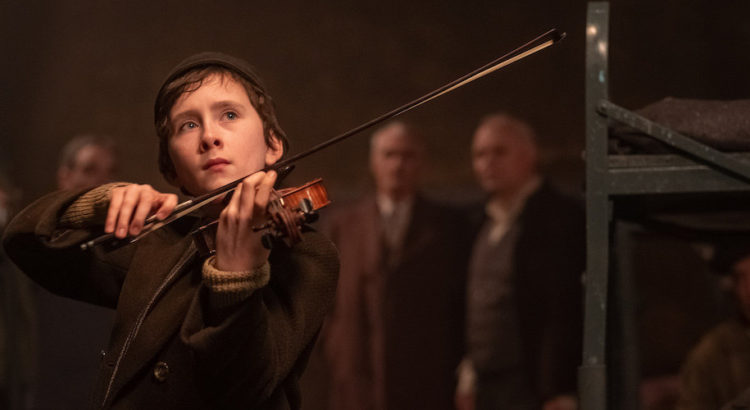***Warning: This review contains spoilers for the movie (and book) The Song of Names
———————————————————————————————————————
The film The Song of Names, which is directed by François Girard and is based on the novel of the same title by Norman Lebrecht, is part mystery and part historical drama. Centering on 56-year-old Martin’s (played by Tim Roth) search for his adopted brother, Dovidl (Clive Owen), the plot deftly intertwines present and past. There are frequent flashbacks to World War II-era London, chronicling young Dovidl’s rise as a violin prodigy (Jonah Hauer-King), and the bond shared by him and Martin (Gerran Howell), whom Dovidl affectionately calls Mottl. This relationship is shattered when Dovidl inexplicably vanishes hours before his much-anticipated violin debut. Hours turn into days turn into years turn into decades, and still there is no trace of Dovidl, nor an explanation of his disappearance.
Having recently finished Norman Lebrecht’s book, I found that the movie adaptation unfortunately compromised many of the novel’s nuances. In both the book and the movie, Martin begins searching for Dovidl when he witnesses a young violin player at a competition do something that can only be traced back to his adopted brother, whom he has not seen for decades. In the book, it is an aspect of the high school boy’s violin playing – it is described as “time stopping” rubato (rubato is a musical practice of momentarily speeding or slowing the tempo for expressive purposes) and Dovidl’s mastery of it was what made his playing sparkle. Though the young violinist’s use of it is not always tasteful or expertly controlled, for Martin it is an unmistakable piece of Dovidl’s musical DNA, only traceable back to his brother. However, in the movie, the tic that puts Martin on Dovidl’s path is his habit of bringing his rosin to his lips to kiss it before he begins to play. The high schooler at the competition also does this, “for good luck,” leading Martin to believe that this habit could only have come from Dovidl. Though on the surface this may seem like a minor detail, I felt that it diminished the sense of Dovidl’s singularity as a musician in the movie. On top of this, Dovidl and Martin’s childhood relationship is much tenser in the movie than in the book, and I felt like Dovidl’s character was also quite simplified in comparison. I certainly understand that details often must be omitted or condensed in order to fit a several-hundred-page book into a two-hour movie, as well as the fact that some things (such as Dovidl’s “time-stopping” rubato) might be rather difficult to portray on screen, but I couldn’t help but be a little disappointed by these changes. The biggest change, I will mention, between the book and the movie was the actual ending … but I won’t spoil the entirety of both in this review.
The overall plot of the movie, though at times slow, contained its fair share of moving scenes, including when movie-goers finally get to hear “The Song of Names.” Dovidl, who came from Poland to study violin in London, was originally only supposed to stay with Martin’s family until his father came back to get him. However, his entire family, which was Jewish, disappeared during the war, and Dovidl did not know where they were or if there was any hope of them being alive. The Song of Names is a sequence of the names of those who died at Treblinka, the death camp where Dovidl’s family was sent. Meticulously memorized by a group of survivors, it is from this song that Dovidl learns definitively that his entire family had perished. It is the most haunting scene of the movie.
Though The Song of Names has its flaws, I still enjoyed it as a movie. However, the discrepancies between the novel and its film adaptation have only strengthened my stubborn, near-universal refusal to see the movie before reading the book.






